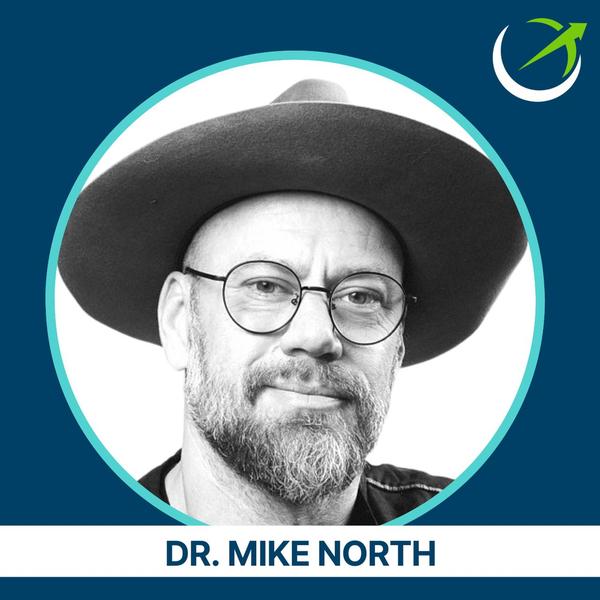Female fertility: optimizing reproductive health, diagnosing and treating infertility and PCOS, and understanding the IVF process | Paula Amato, M.D.
Peter Attia
Jun 9, 2025
Mindsip insights from this episode:
Discontinue GLP-1 agonists two months before pregnancy in PCOS patients
GLP-1 agonists are increasingly used for weight loss in PCOS patients, but must be stopped at least two months before attempting pregnancy due to a lack of safety data.
Acknowledge unknown factors affecting embryo implantation success
Even a chromosomally normal embryo selected through genetic testing only has about a 70-75% chance of implanting, highlighting that there are still unknown factors for success.
Freeze eggs in early to mid-30s for optimal quality and cost-effectiveness
The most cost-effective time to freeze eggs is in the early to mid-30s, as this is the age where you are most likely to eventually need them and the quality is still high.
Explore in vitro gametogenesis for egg creation from skin cells
In the future, in vitro gametogenesis could allow for the creation of new eggs from a person's own skin cells, a process already successful in mice.
Utilize mitochondrial replacement therapy to reverse age-related decline
Mitochondrial replacement therapy is an emerging technology that places the nucleus from an older egg into a younger donor egg to leverage its healthier mitochondria and potentially reverse age-related decline.
Understand that miscarriages are often due to chromosomal abnormalities
The vast majority, close to 90%, of first-trimester miscarriages are due to chromosomal abnormalities, not anything the patient has done wrong.
Get semen analysis to uncover underlying health issues
It's recommended that men get a semen analysis even when not trying to conceive, as it can be a marker for other underlying health problems, much like a woman's menstrual cycle.
Increase funding for women's health research to address reproductive health gaps
A significant reason for the many unknowns in female reproductive health is that research in this area receives only about 10% of the overall NIH budget.
Choose letrozole over clomid for effective PCOS ovulation treatment
Letrozole is now considered a better first-line treatment than Clomid for inducing ovulation in women with PCOS, as studies show it results in higher pregnancy rates.
More from
Peter Attia
AMA #78: Longevity interventions, exercise, diagnostic screening, and managing high apoB, hypertension, metabolic health, and more
Ketogenic diet, ketosis & hyperbaric oxygen: metabolic therapies for weight loss, cognition, Alzheimer's & more | Dom D'Agostino, Ph.D.
The evolutionary biology of testosterone: how it shapes male development and sex-based behavioral differences, | Carole Hooven, Ph.D.
The impact of gratitude, serving others, embracing mortality, and living intentionally | Walter Green (#288 rebroadcast)
Thyroid function and hypothyroidism: why current diagnosis and treatment fall short for many, and how new approaches are transforming care | Antonio Bianco, M.D., Ph.D.
You also might be interested in
Dr. Casey Means: Eat like THIS to reduce your Risk of Metabolic Disease!
Biohacking Fertility for Men and Women at Any Age
Improve Energy & Longevity by Optimizing Mitochondria | Dr. Martin Picard
Dr. Casey Means: Stop Ignoring Your Health — Do These 5 Free Tests!
The Untold Science Of Vibration Therapy & The “BioDrive” Breakthrough That Regulates Your Mind and Body, With Dr. Mike North













